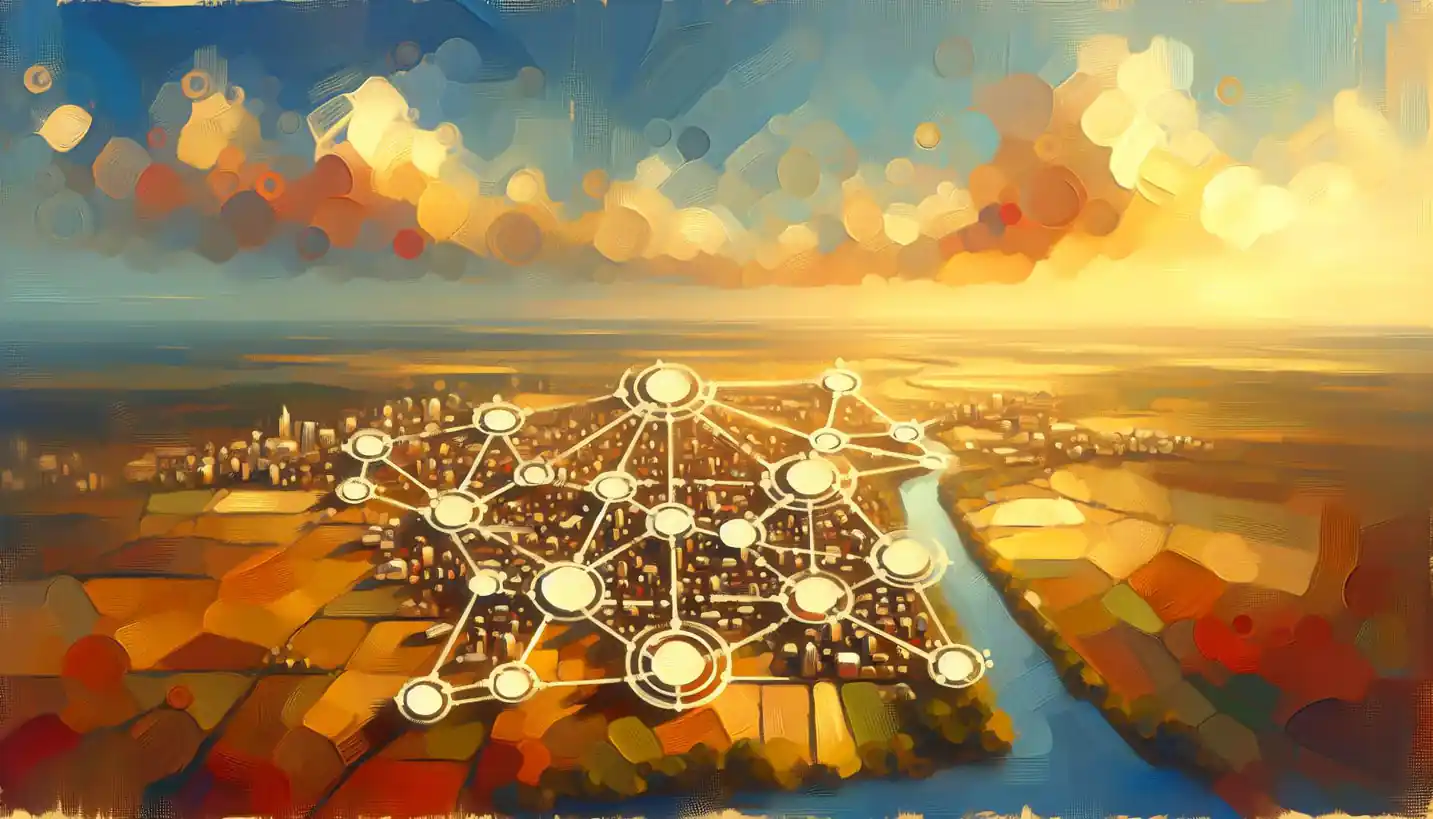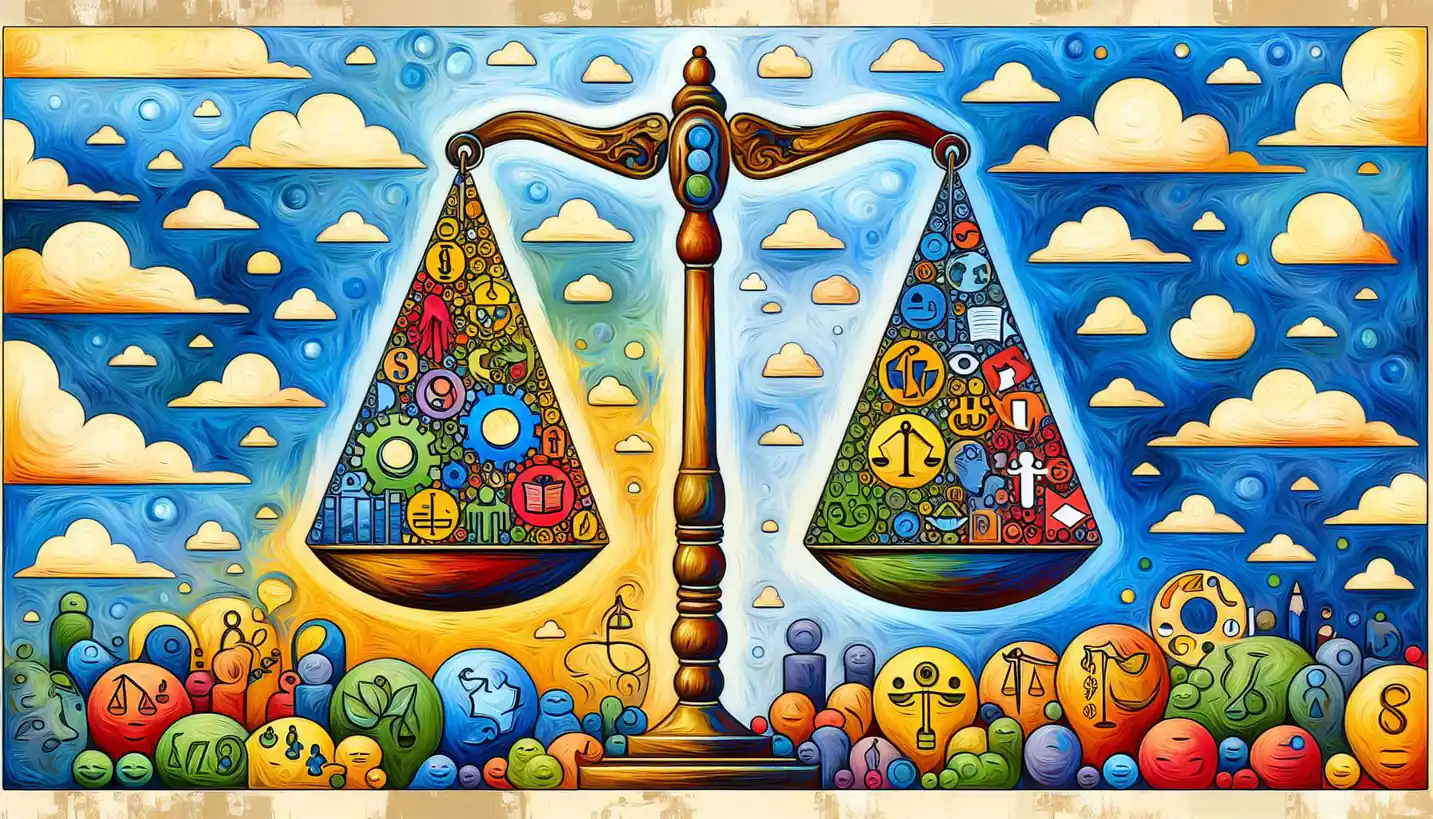· Sociology · 5 min read
Health Literacy: Navigating the World of Medical Information
Health literacy is key to navigating the complex world of medical information. Discover its importance in empowering individuals and improving health outcomes.

In today’s fast-paced world, where information is at everyone’s fingertips, being able to understand and use health information effectively has never been more important. This ability is what we call “health literacy,” a concept rooted in medical sociology that plays a huge role in how we manage our health and well-being.
Health literacy isn’t just about being able to read medical brochures or navigate through the healthcare system. It’s about making informed decisions about our health. Think of it as having a map and the skills to read it so you can find your way to a healthier life.
Imagine having a prescription but not really understanding how or why to take the medication prescribed. This scenario is all too common and highlights why health literacy is crucial. It’s not only about understanding medical terms but being able to take that understanding and apply it to everyday decisions.
Let’s delve a little deeper into this concept. Health literacy can be broken down into three levels. The first is basic or functional literacy. This is the ability to read and write well enough to understand basic medical information. The second level is communicative or interactive health literacy. This is a bit more advanced and involves social skills that help people interact with healthcare providers effectively. Finally, there’s critical health literacy, which is all about analyzing information and using it to exert greater control over life events and situations.
Why does health literacy matter? Well, it impacts almost every aspect of health. Studies have shown that people with high health literacy are more likely to have better health outcomes. They’re also better at managing chronic diseases and have a greater understanding of preventative measures. On the flip side, low health literacy can lead to misunderstanding medical instructions, resulting in medication errors, increased hospitalizations, and less effective management of chronic conditions.
One interesting way to think about health literacy is as a pair of glasses. Without them, things appear fuzzy and unclear. But when you put them on, everything comes into focus. Good health literacy lets you see the full picture, enabling you to make informed choices about things like diet, exercise, and medical treatment.
A delightful story on the importance of health literacy comes from a famous public health campaign in the UK. A few years back, Britain started a push to reduce heart disease by encouraging people to eat more fruits and vegetables. They used the catchy slogan “Five a day” to nudge people toward healthier eating habits. At first glance, you’d think everyone would understand this simple message. However, surveys found that many people didn’t actually know which foods counted toward their five a day, or why it mattered for their health. This gap illustrates how even straightforward messages can get lost without proper health literacy.
With the rapid growth of digital health resources, health literacy has become even more vital. The internet is home to a wealth of information, but not all of it is reliable. Being literate in health means knowing how to identify credible sources. It’s about asking the right questions and seeking out evidence-based information rather than anecdotal or sensationalized accounts.
Let’s consider a practical example. Suppose you come across an article online claiming that a certain herb can cure common colds. With good health literacy, you’ll critically assess the claim, looking for studies or scientific evidence. You’ll understand the difference between correlation and causation, and you’ll likely check with trustworthy medical resources or consult a healthcare professional before trying it.
Improving health literacy isn’t just the responsibility of the individual. It involves efforts from healthcare providers, educators, and policymakers. Doctors and nurses can make a huge difference. By using plain language and checking for understanding, they can ensure that patients grasp their treatment options and care instructions.
Imagine a world where health literacy is woven into school curriculums from an early age. Kids would grow up recognizing the importance of getting reliable health information and knowing how to apply it. They’d learn to approach health like a detective solving a mystery, assessing evidence and drawing conclusions based on facts.
Communities play a part too. Health campaigns and public health messaging need to be crafted in ways that are clear and accessible to everyone. This means considering cultural differences and language barriers, which often stand as obstacles to understanding health information.
So, what does the future hold for health literacy? The rise of telemedicine and digital health tools is transforming how we access care. With artificial intelligence and machine learning entering the mix, there’s potential for personalized health education that matches an individual’s literacy level. Picture virtual assistants that guide you through understanding your lab results or apps that break down medical jargon into everyday language.
However, the digital divide still poses challenges. Not everyone has access to the technology or internet connectivity needed to take full advantage of these tools. Closing this gap is crucial in ensuring equitable health literacy for all.
In summary, health literacy is a fundamental part of modern life, acting as the bridge between understanding health information and applying it meaningfully. It empowers individuals to make informed decisions, improves medical outcomes, and enhances quality of life. By focusing on this critical skill, we can foster healthier communities and pave the way for a future where everyone has the knowledge they need to lead healthier lives.



